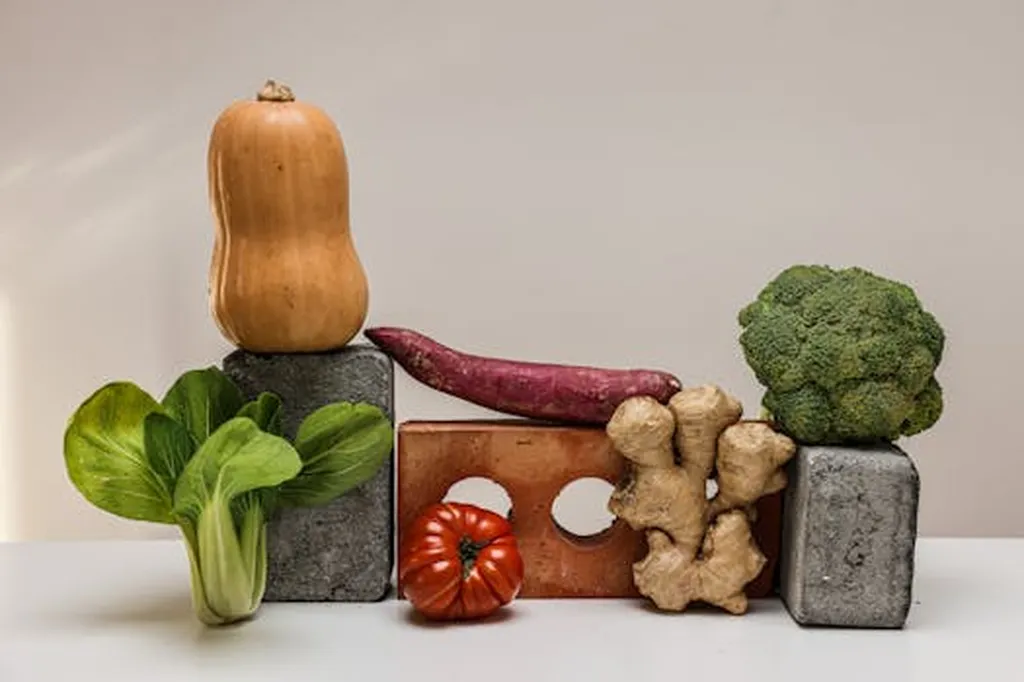In the quest for sustainable agriculture, researchers are increasingly turning to urban biowaste as a valuable resource. A recent study published in the journal ‘Plants’ explores the potential of municipal biowaste-derived products to enhance tomato cultivation, offering a promising alternative to conventional agrochemicals. The research, led by Giannis Neofytou from the Department of Agricultural Sciences, Biotechnology and Food Science at Cyprus University of Technology, sheds light on how these bioproducts can influence plant growth, fruit quality, and nutritional profiles.
The study focused on a soluble bioproduct (BP) derived from the hydrolysis of anaerobic digestates, a process that breaks down organic urban waste. The researchers applied five different fertilization treatments to tomato plants, including conventional fertilization (CF), a combination of conventional and organic fertilization (CF + OF), and various applications of the bioproduct (BP, CF + BP, CF + 2BP), with and without supplementary fertigation (SF).
The results revealed that while the bioproduct alone did not significantly impact final plant growth, biomass, or yield compared to conventional fertilization, it did induce some stress responses in the plants. “The use of BP induced plant stress responses, accompanied by stimulation of phenolic and antioxidant accumulation in leaves,” noted Neofytou. This stress response, however, was mitigated when the bioproduct was combined with conventional fertilization.
One of the most intriguing findings was the enhancement of fruit lycopene and total soluble solids when the bioproduct was used in conjunction with conventional fertilization. Lycopene, a powerful antioxidant, is not only beneficial for human health but also contributes to the market value of tomatoes. “Combined CF and BP application promoted tomato fruit quality, without diminishing growth,” explained Neofytou. This suggests that the bioproduct could be a valuable tool for farmers looking to enhance the quality and nutritional profile of their crops.
The study also highlighted the importance of supplementary fertigation in optimizing the performance of the bioproduct. Without fertigation, the bioproduct alone led to a decline in fruit phosphorus (P) content, reflecting delayed P availability and translocation. However, with supplementary fertigation, the bioproduct’s performance was improved, maintaining tomato growth, yield, and quality.
The commercial implications of this research are significant. As the global population continues to grow, so does the demand for sustainable and efficient agricultural practices. The use of municipal biowaste-derived products offers a promising solution, reducing reliance on conventional agrochemicals and turning urban waste into a valuable resource.
Moreover, the enhanced fruit quality and nutritional profile observed in this study could open up new market opportunities for farmers. Consumers are increasingly seeking out nutrient-rich, high-quality produce, and the use of bioproducts could help meet this demand.
This research is just the beginning. As Neofytou and his team continue to explore the potential of municipal biowaste-derived products, they are paving the way for a more sustainable and efficient future for agriculture. The findings published in ‘Plants’ offer a glimpse into this future, highlighting the potential of bioproducts to enhance crop productivity and resilience while adhering to sustainable practices.

